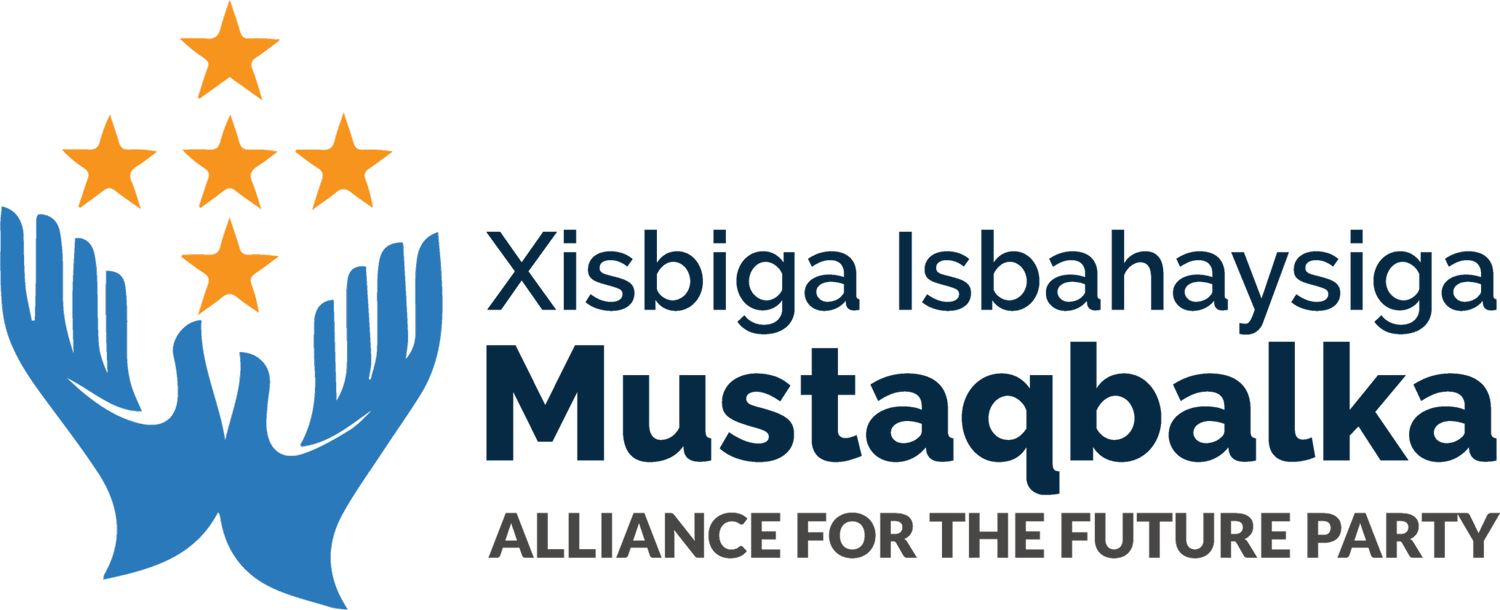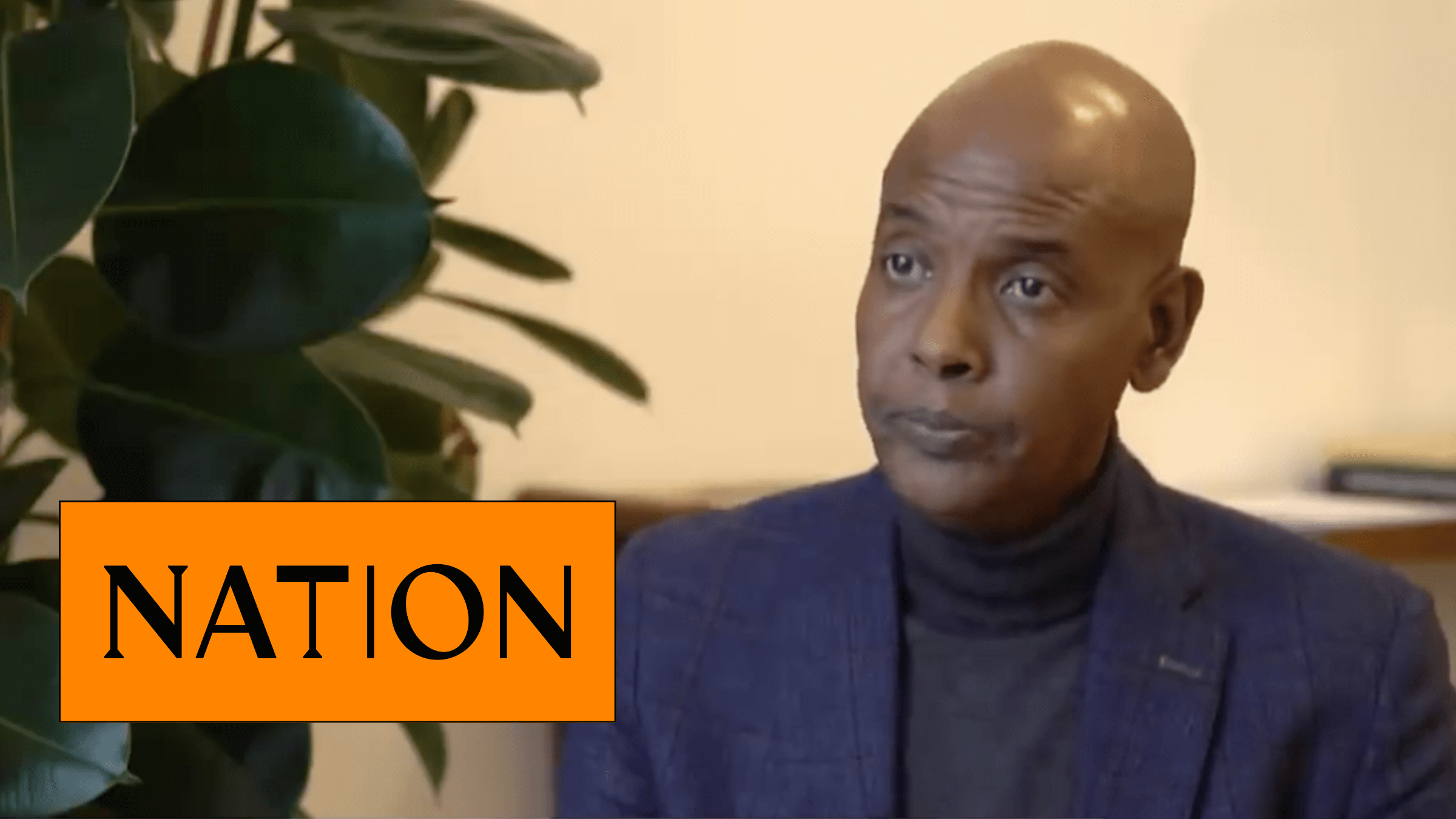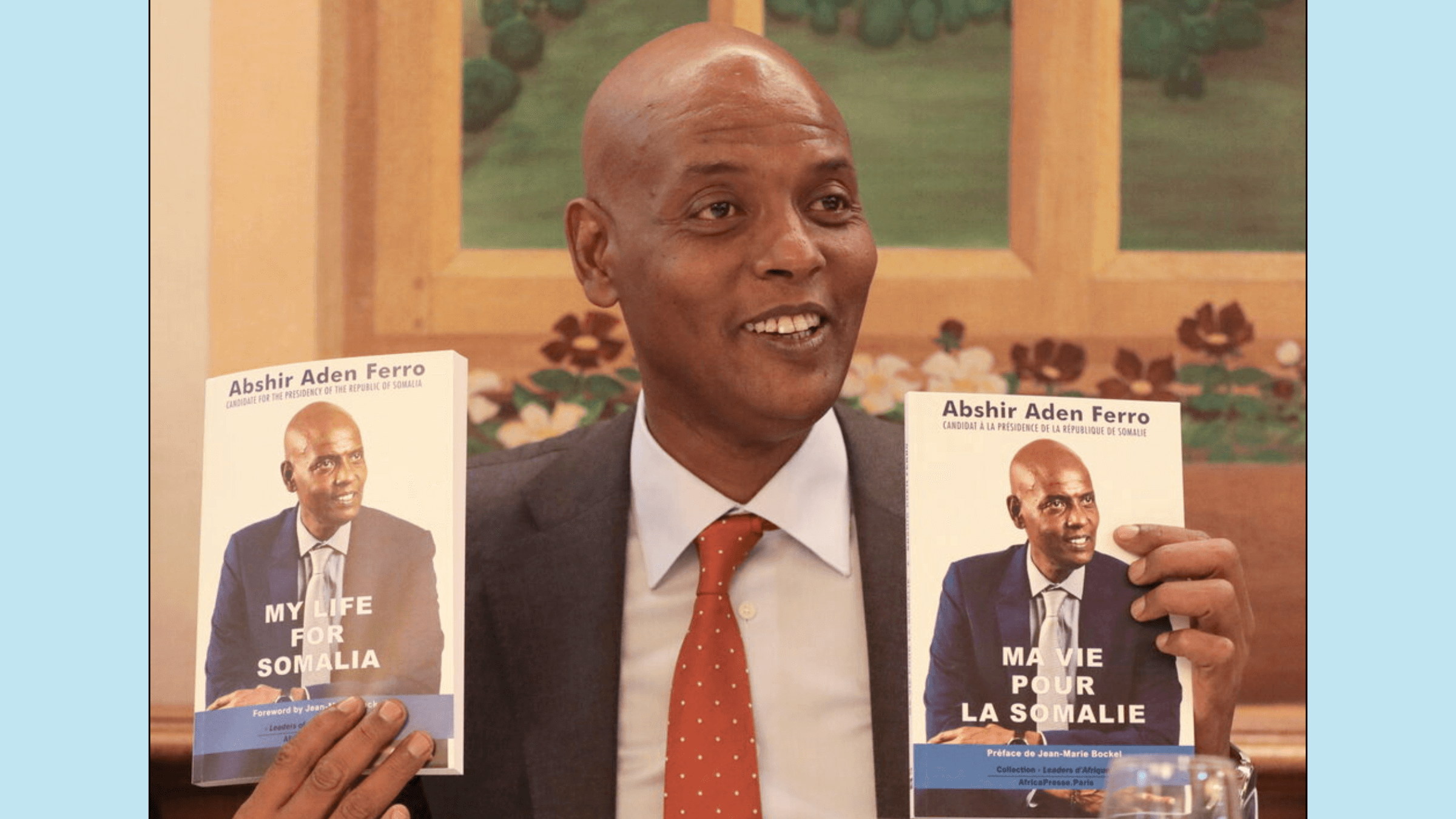
By Aggrey Mutambo and Steve Omondi
The recent Memorandum of Understanding (MoU) between Ethiopia and Somaliland has triggered significant political reactions in Somalia, with many leaders using the situation to elevate their political relevance. Signed in January 2024, the MoU grants Ethiopia access to a strip of Somaliland’s coastline in exchange for potential recognition of the self-declared but unrecognised state. This controversial deal has sparked criticism from various Somali political figures, including Abshir Aden Ferro, Chairman of the Alliance for the Future Party, who argues that Ethiopian Prime Minister Abiy Ahmed is using the MoU to deflect attention from his leadership failures.
Ferro claims that Abiy’s aggressive stance on port access has damaged regional cooperation and drawn in external powers, particularly Egypt, with their own strategic interests. Despite Ethiopia’s assurances of a peaceful resolution, Somali politicians have united against the deal, viewing it as an attack on Somalia’s sovereignty.
President Hassan Sheikh Mohamud also strongly criticized the MoU, calling it a direct assault on Somalia’s unity. MP Abdirahman Abdishakur, a former Planning Minister, echoed these sentiments, demanding that Ethiopia withdraw the agreement and engage diplomatically through Somalia’s federal government.
As tensions over Somaliland’s future intensify, Somali leaders are leveraging the dispute to assert national unity and challenge the current administration’s handling of foreign policy. The political fallout raises important questions about regional stability and the future of Somaliland within Somalia.





